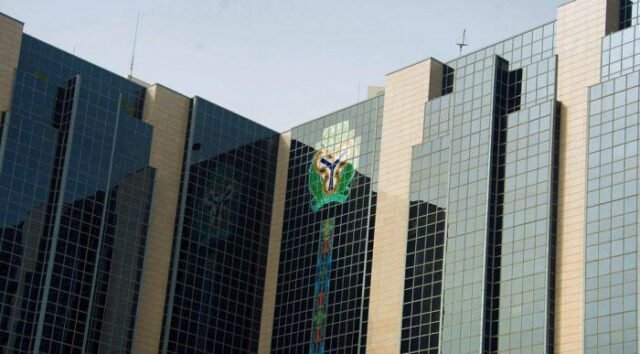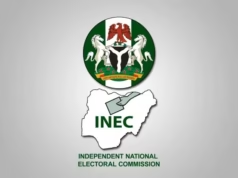Five Nigerian Banks raise N1.27 trillion
The first five banks that approached the Nigerian bourse for capital have raised about N1.27 trillion as the race for recapitalization increases.
This connotes that investors remain optimistic on Nigeria’s banks’ stocks. Not even the government’s windfall tax from banks’ 2023 foreign exchange (FX) gains can hinder equity investors from increasing their investments.
Since the start of the banking recapitalisation exercise in March 29, 2024, some banks have gone to the equities market to raise capital. Five have rounded up, and one is still in progress.
The banks are: GTCo (N400.5billion), Access Holdings (N350.1billion), Zenith Bank (N289.1 billion), Fidelity Bank (N127.1billion), and FCMB Group (N110.9billion).
Sterling Financial Holdings Company is also in the market for N153billion after closing a $50million capital raise through private placement. Some of the banks even exceeded their targeted N1.277 trillion.
“Adequately capitalised banks can facilitate larger transactions and complex business ventures, bolstering the banking sector’s resilience and overall economic strength,” explained Jibola Odedina, managing director/chief executive officer, Coronation Securities Limited.
Coronation Securities state that the bank capitalisation initiative is a timely catalyst for economic growth, specifying that capitalisation requires banks to hold enough funds to avoid financial decline.
According to KPMG 2024, “Nigerian banks across all licence categories face a substantial capital shortfall, ranging from 35 percent to 90 percent of the new minimum requirement. This industry-wide gap totals approximately N4.2 trillion”.
In the words of the Director General of the Securities and Exchange Commission, Dr Eromomotimi Agama, “Young people are beginning to embrace the market, and we’re excited about it. We want to ensure domestic investors, particularly, are more involved in the market.”
In July, the SEC approved NGX Invest; this is a digital platform initiated by the stock exchange. Banks pitched their share offers and attract young investors through this platform.
During a stakeholder programme themed Financing the Future in Nigeria, organized by the International Finance Corporation and Milken Institute in Lagos, Agama stated that the capital market has been utterly underused in addressing the country’s significant infrastructure deficit.
Agama mentioned that considering the capital market’s significant contributions in raising funds for other sectors of the economy, it is more than able to finance Nigeria’s infrastructure deficit, with the aid of proper awareness.
“We have the capacity. The debt market in Nigeria has not been fully explored. It’s because people are not aware, and that is why we are out there informing them about the capital market. The capital market is the barometer of any economy.
“Nigeria has the ability to fund its capital market. To achieve the goal of mainstreaming the capital market into the national economy, we need to address our infrastructure needs, which are immense. With 36 states and the FCT requiring funds for roads, healthcare, airports, education, and agriculture, we are looking beyond $50bn to deal with this infrastructure deficit.”
“The President of the Federal Republic of Nigeria, Bola Tinubu, has tasked us with growing a one-trillion-dollar economy. That is possible – through the capital market, the mining sector, the oil and gas industry, construction, housing, and development. If you consider the amount of funding required to achieve this, you’ll realise it is possible. ‘No’ is not an answer for us in the capital market because it is achievable.” He said.
Join Our Social Media Channels:
WhatsApp: NaijaEyes
Facebook: NaijaEyes
Twitter: NaijaEyes
Instagram: NaijaEyes
TikTok: NaijaEyes





